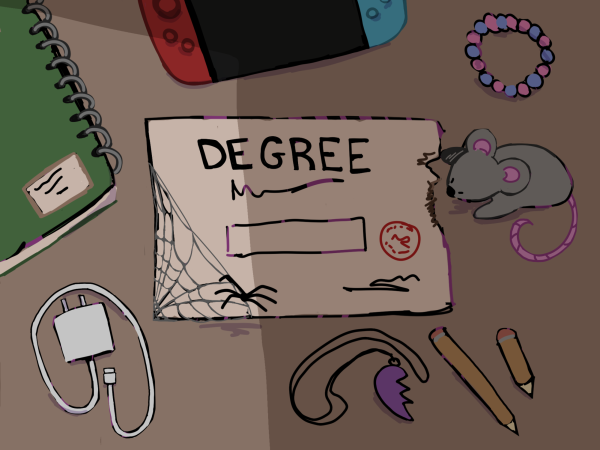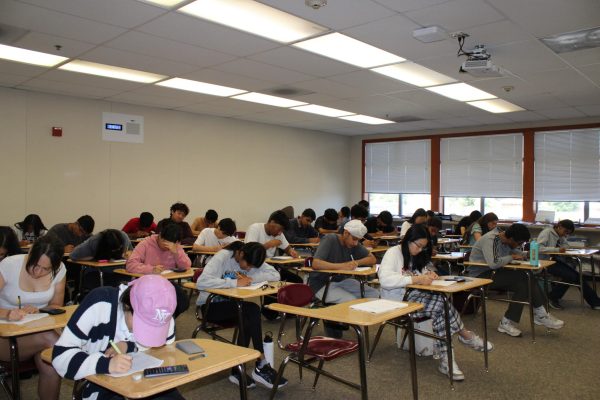Is Biden’s student loan plan really a good idea?
No
As with any well-intentioned policy the devil is always in the details, and President Joe Biden’s Student Loan Forgiveness Plan is no exception.
Implemented through executive action, the Student Loan Forgiveness Plan aims to cancel up to $20,000 in federal student loans for nearly 20 million borrowers. Under the plan, eligible borrowers who earn less than $125,000 ($250,000 for married couples) can expect a debt cancellation of $10,000, and $20,000 if they are a Pell-Grant recipient.
This policy aimed at helping lower- to middle-class borrowers may hurt them.
What is abundantly clear is that this policy aims to tackle student DEBT, but does not do anything to limit tuition costs of colleges. The very source of the problem with massive student debt is the fact that colleges are just more expensive than they used to be, even when adjusted for inflation.
Average tuition costs increased by 10 percent at public schools and 19 percent at private schools from the 2010-11 to the 2020-21 school years, according to the National Center for Education Statistics.
Plus, in-state tuition increased from $3,800 in 1990-91 to $10,560 in 2020-21, according to the College Board.
The reason why it got so bad is because of the subsidization of higher education. Through the Higher Education Act passed by President Lyndon Johnson in 1965, the government was able to help pay for people’s college tuition through the creation of low-interest student loans in addition to increasing federal funding to universities.
Ironic how the government made student loans to help people pay for college which has now become a problem in itself. With each student now having more money through the government to pay for college, colleges took advantage of the situation and increased tuition.
Now, colleges are able to charge outrageous fees with very little accountability.
A policy aimed at capping tuition or setting tuition at a rate in which a college’s graduates are able to effectively pay them back with their expected salary might be the way to go. However, this policy does NOT do that. Instead, it keeps the existing heavily-subsidized system of higher education in place, without tackling the source of the problem.
Additionally, does it really make sense for a plumber, who didn’t go to college, to pay for Sally’s degree in theater arts? Unlike the National Defense Education Act of 1958, which sought to encourage students to pursue degrees in science and mathematics during the Cold War, Biden’s student loan forgiveness plan does not consider what major students pursue.
It does not take a rocket scientist to figure out that certain majors such as engineering will pay more and have a better return on investment ROI for the taxpayer, than some hogwash liberal arts degree.
But this plan does not even consider that.
So in theory, one could major in anything, rack up a substantial amount of student debt, and then have the government, aka YOU the taxpayer, pay for it. Because even though the government will try to convince you that it’s “all paid for”, they will never shed light on who exactly paid for all of it.
To add on, this policy completely disregards the very structures in which our modern economy is rooted in. Our society relies on people being able to borrow money (credit) from people who have this money (debit), and then being able to pay them back in full within a given time.
Higher education is a choice for many, NOT a human right, so it does not morally make sense for people who decided not to go to college to pay for someone who is going to college.

Senior Abhinav Purohit is back for year three as the Social Media & Video Production Editor for The Californian. This year he hopes to strengthen the...

